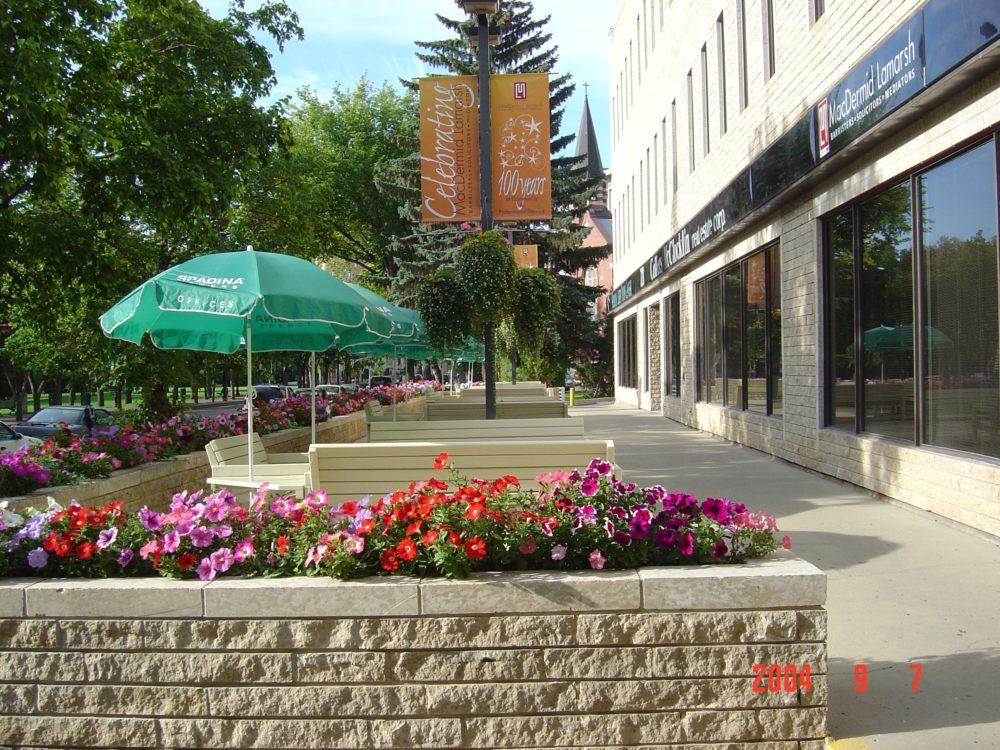No hot water, no telephone call, no information memo, no caretaker! No board members?
Yes, the hot water system has failed yet once again and residents are also, once again experiencing yet another agonizing week long disruption. These repeated failures of this new hot water system have all received delayed and irresponsible attention of management and the board.
The board has been clearly advised on several occasions in the past that given the history of problems with this system, they must prepare an emergency action plan in the event of another failure. Obviously, the board has simply neglected these previous suggestions and no such preparation has taken place. This of course, is unfortunately to the detriment and expense of our residents.
This latest failure occurred on Thursday, December 26th. Why was a tank not ordered for shipment on the following day so that it could be installed on Saturday. As has happened in the past, just because a contractor says that “this is all that can be done” does not necessarily mean that this is all that can be done. This replacement tank could and should have been shipped via an overnight “hot shot” shipping service with the direct participation of board members if required. Once again, management failed to act and so did the board.
Given these continuing failures, one must question the design and capacity of this system. A request has been made several times in the past for technical information on this system but has been refused on each occasion. It is requested, yet once again that this information be provided.
Finally, it would be most appropriate if someone would distribute a memo today advising our residents of what has happened and what is being done about it. This total absence of communication with residents at a time like this is very disrespectful to say the least.
Dennis M. Tofin
